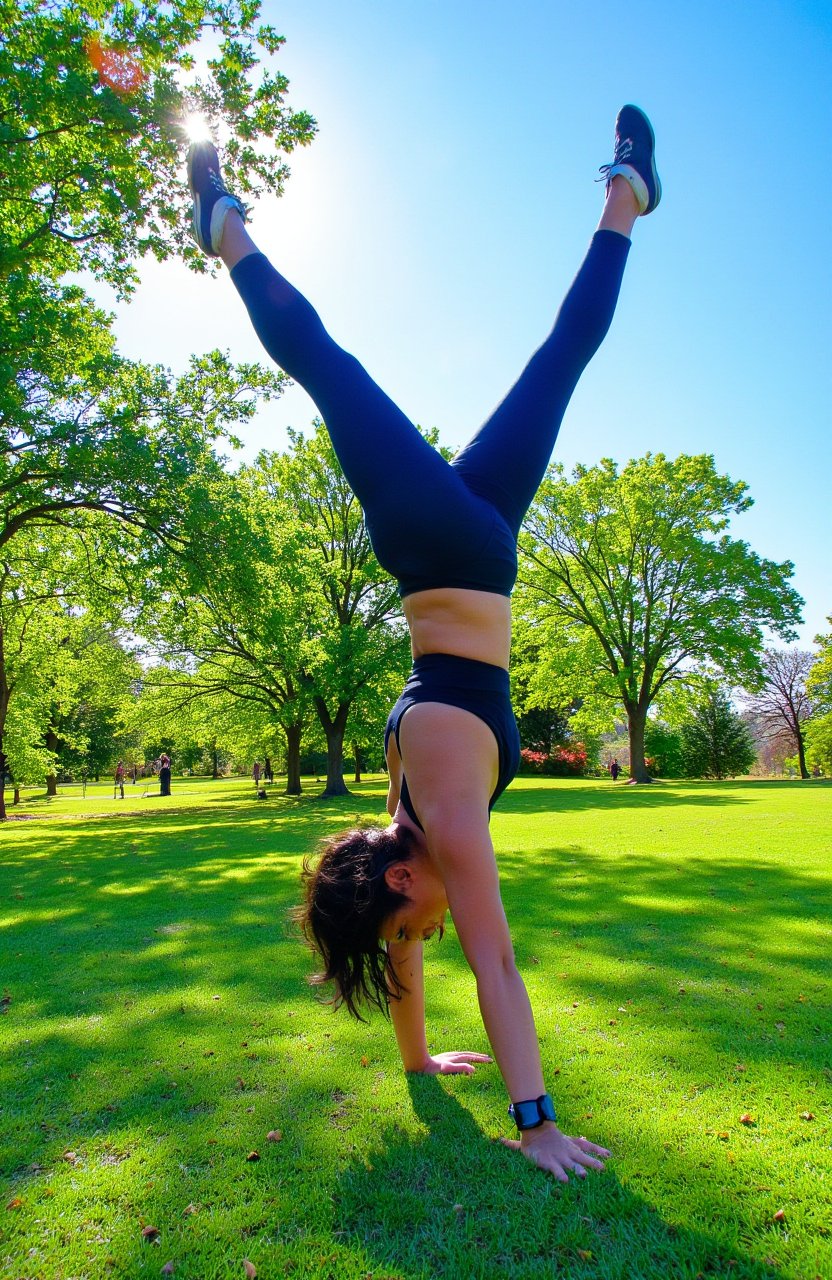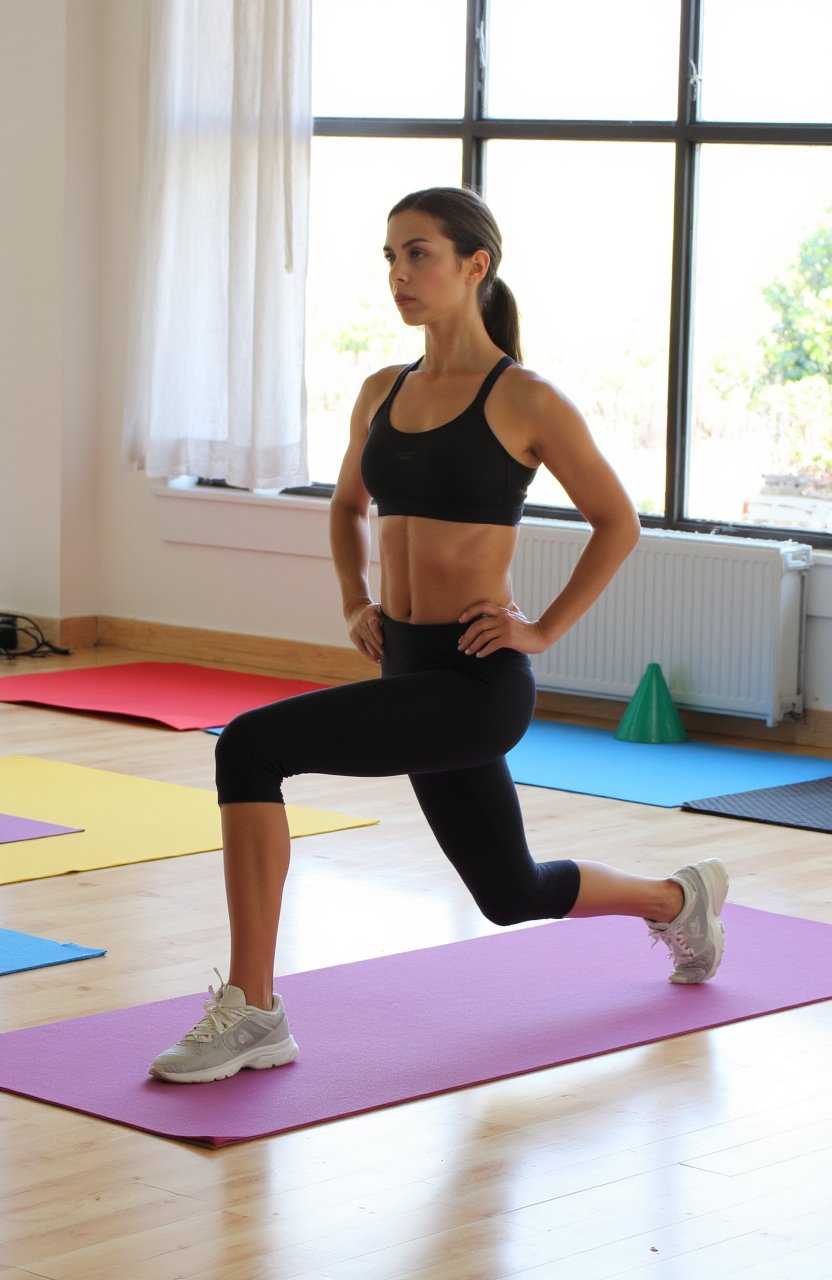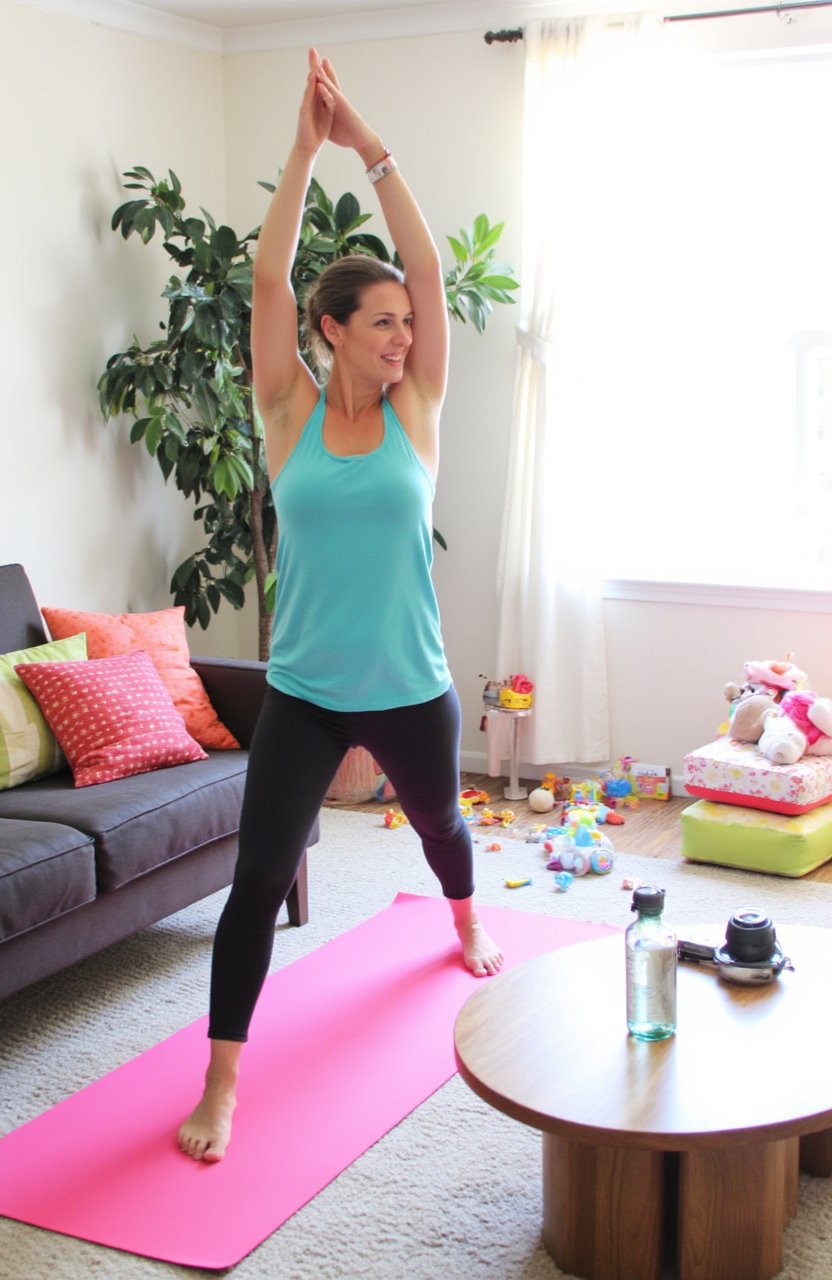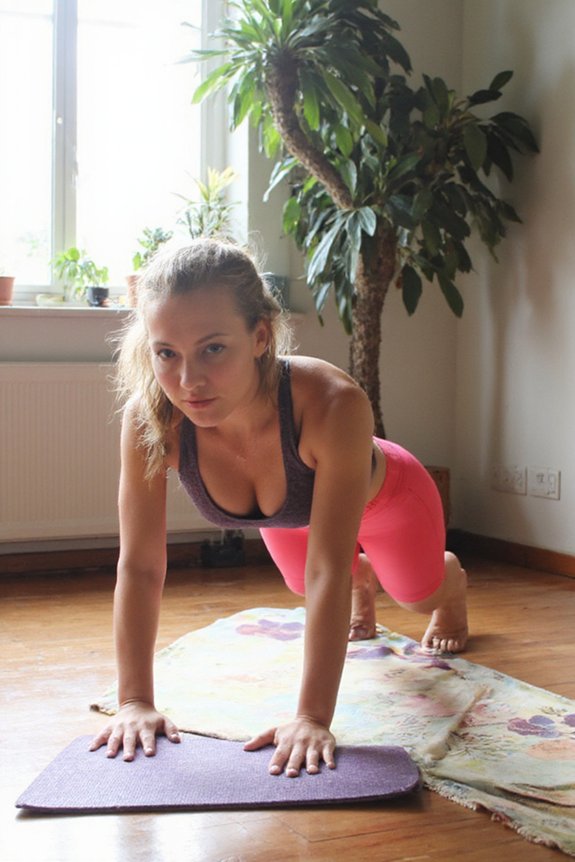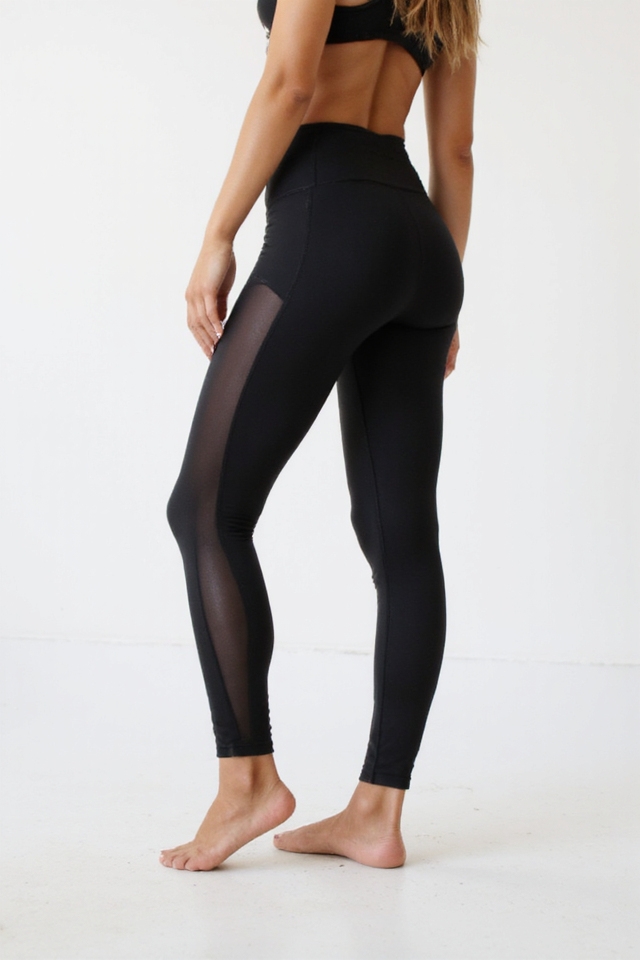Rucking is an empowering way for women to enhance their fitness while enjoying the great outdoors. It’s more than just walking or hiking with a weighted backpack; it’s a blend of strength training and cardio that’s rooted in military training. Originally designed to build endurance and teamwork, rucking is now making waves among civilians, especially women looking to boost their fitness levels and mental health.
You’ll quickly discover the health benefits that come with rucking. This activity engages your legs, core, back, and upper body, making it a full-body workout. The added weight increases your calorie burn compared to regular walking, helping you shed those extra pounds efficiently. Plus, it’s low-impact, meaning you’re less likely to injure your joints compared to high-impact exercises like running. You can easily customize your rucking experience by adjusting the weight and distance, making it suitable for all fitness levels. For women, weight-bearing exercises are essential in combating osteoporosis, so rucking is a smart choice as you age. Additionally, engaging your core during rucking helps maintain good posture and stability throughout the workout.
Experience a full-body workout with rucking, engaging your muscles while boosting calorie burn and reducing joint stress.
When it comes to injury prevention, rucking stands out. Women face a higher risk of ACL tears and stress fractures due to biomechanics and hormonal differences. However, rucking reduces stress on your joints, tendons, and ligaments. You can enjoy a vigorous workout without worrying about the common injuries that plague many.
Beyond the physical benefits, rucking also offers mental and social rewards. It’s a fantastic way to boost your mood and reduce stress while enjoying nature. Doing it in groups fosters camaraderie, creating a supportive community that encourages you to push your limits.
If you’re new to rucking, start light. A backpack with 10–15 pounds is a great way to ease into it. As you build strength, gradually increase the weight. Make sure your backpack fits well and is padded to minimize strain.
Begin with short distances, around 1–2 miles, and lengthen your rucks as you grow more comfortable. Don’t forget hydration and proper nutrition, especially for longer outings.
With more women embracing this trend, rucking is accessible for everyone aged 20 to 50. It’s an adaptable workout that combines strength, endurance, and community. So, lace up your boots, grab a backpack, and hit the trail. You’ll not only strengthen your body but also elevate your spirit.


